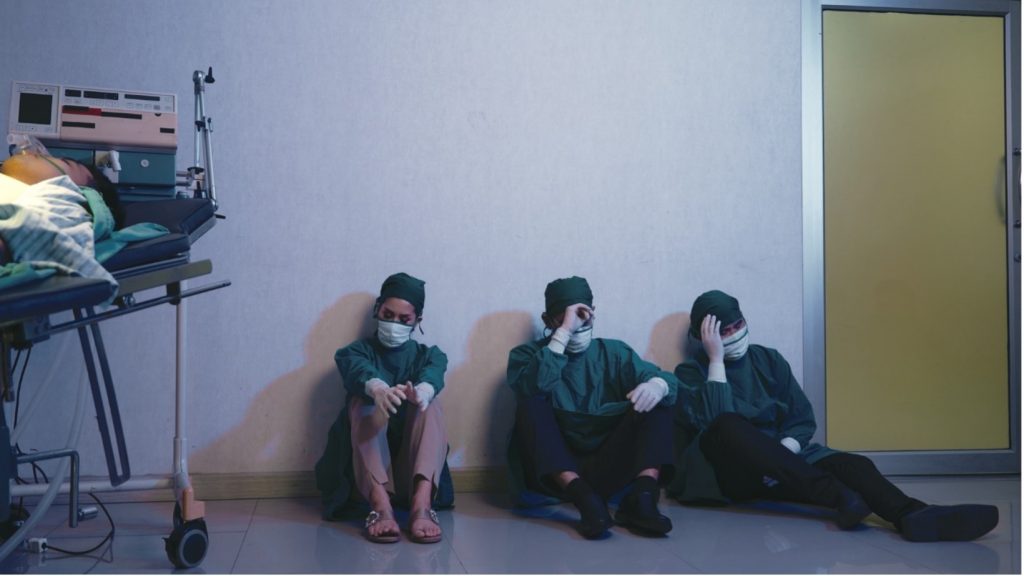Operating rooms are incredibly stressful and complex environments to work in. Spending long hours doing intricate work where the balance of one’s life hangs upon your hands can affect your health psychologically and physically. Burnout is a prevalent occurrence amongst many health workers, which can be prevented or reduced with sufficient rest and care. We list several ways you can fight fatigue when working in the operating room, before, during, and after your shift.
How Does Fatigue Affect Patient Safety?
Fatigue can arise for many reasons – working long hours without enough breaks, doing shifts that disrupt your natural sleeping pattern and circadian rhythm, facing excessive stress, and getting inadequate nutrition. Fatigue slows reaction time, reduces attention span, and negatively impacts processing speed, which can lead to impulsive or incorrect decisions. This can range from minor mishaps regarding patient care to grave mistakes and errors when using medical equipment, resulting in otherwise avoidable patient death.
Ways to Fight Fatigue in the OR
Fatigue doesn’t only refer to being sleepy but also comes with a persistent feeling of exhaustion and lethargy that negatively impacts physical and cognitive functioning. Here are ways to combat fatigue before, during, and after working in the operating room.
Get Enough Rest
Increased weekly working hours correlate with high fatigue levels. Take sufficient breaks throughout your shifts and leave work at the door when you clock off. Being awake for prolonged periods can reduce performance substantially. Get a good night’s sleep whenever you can, as sleep loss cumulates and negatively impacts decision-making and reaction time.
Self Care
While it is common for medical staff to skip meals while on the job, proper nutrition and hydration are necessary for sustaining performance and mood. Take frequent breaks to move around – walk around the wards or up and down stairs to increase your alertness levels. Work on activities you enjoy or do something that will help you unwind, like having some soothing tea or taking a warm bath to relax after a long day.
Caffeinate Appropriately
Consuming large doses of caffeine in a short period can increase anxiety and disrupt sleeping patterns during bedtime. It is also incredibly easy to overdose on caffeine because it takes around 30 – 45 minutes to kick in. We recommend drinking a small dose before taking a short nap, which is a better and proven method to wake up feeling energised and refreshed.
Choose Suitable Lighting
We don’t often consider room lighting a crucial factor in fighting fatigue, but bad operating room lighting can lead to physical and visual strain during procedures. Suitable and effective surgical lighting will improve comfort, boost visual acuity, reduce poor posture, minimise fatigue, and improve overall surgical outcomes.
Reduce Fatigue with the Proper Surgical Lighting Equipment
After being in the medical field for over 20 years, we saw a real need for niche products that larger medical equipment companies didn’t prioritise. Endovision is Australia’s leading provider of medical lighting and specialised surgical headlights, amongst other highly advanced innovative and technological equipment. View our range of medical products or contact our team for more information.


